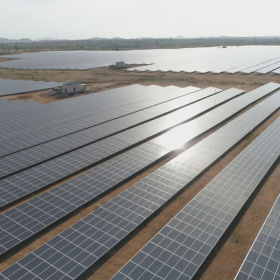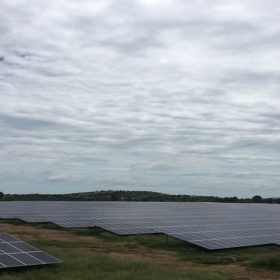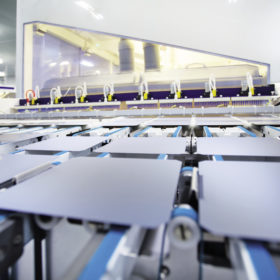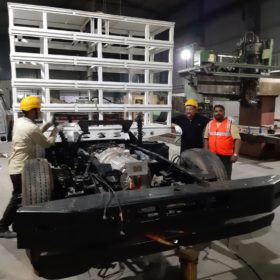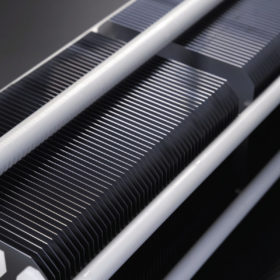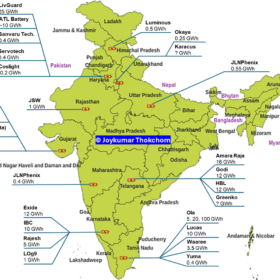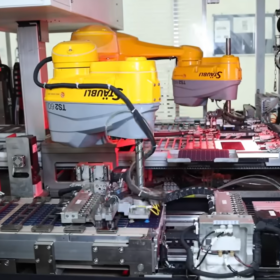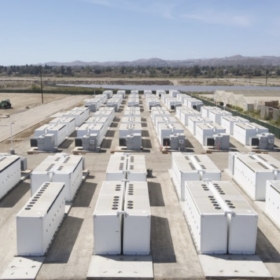BP commits $70m to UK-India green growth fund
The fossil fuel company will become a partner in the fund, which invests in clean energy projects.
UK investor NextEnergy acquires 27.4 MWp solar project in Odisha
The plant—constructed and operated by Germany-headquartered IBC Solar Energy—is NextEnergy’s first investment in India as part of its strategy to acquire ready-to-build or operational solar projects across high-growth international markets.
Solarpack reveals record-breaking solar plant will be in Rajasthan
The Spanish developer, which will sell solar energy at an Indian record low tariff of Rs2.36/kWh under a 25-year deal has spoken to pv magazine about the specifics of the landmark PV plant.
The long read: Sink or swim
The impressive progress made by offshore wind arrays may be attracting a new group of PV developers looking to leave the constraints of the roof and free field behind. And while saltwater, wind and waves are no friend of PV, progress is being made in proving the potential applications.
The long read: Criteria and implications for gallium-doping
As a remedy for light-induced degradation (LID) in crystalline silicon cells, gallium-doped wafers are showing considerable promise. With reports that ingot growth productivity can rival that of boron doping, it seems that gallium doping may now be able to meet the cost, integration and performance criteria that have informed solar manufacturing technology adoption, writes Alex Barrows, senior research analyst at U.K.-based consultancy Exawatt.
India’s IPLTech to use Faradion sodium-ion batteries for commercial vehicles
The Gurgaon-based data-driven fleet service provider—which launched India’s first all-electric heavy-duty truck last year—will use Faradion’s sodium-ion batteries in its commercial vehicles.
Integrating agriculture and solar energy production
A study by Germany’s Fraunhofer Institute for Solar Energy Systems has evaluated the feasibility of horticulture PV at the site of Paras in Akola district of Maharashtra, where the state utility Maharashtra State Power Generation Co. Ltd (Mahagenco) is considering to install a ground-mounted solar system on more than 100 hectare (ha) of arable land.
Germany to help India evaluate optimal power balancing with renewables
German development agency GIZ has hired DNV GL to study control reserve requirements of India’s southern states. The study—part of the Indo-German Energy Programme—will help ensure efficient and cost-effective integration of large-scale renewable energy supplies in the region.
The long read: Carriers key for quality cell surfaces
The path to lower solar LCOE can be painful; just ask a PV manufacturer. However, ever-larger crystalline wafers may cause more pain than they are worth, argues Gerry Knoch, the managing director of wet bench provider exateq. For high efficiency, eliminating cross contamination in wet processes is vital and can be achieved – with carriers playing an important role.
Globally, electric vehicles show more resilience than conventional cars during Covid-19 shock
EV sales are set to be 1.7 million off because of the economic fallout of the Covid-19 crisis, however analyst BloombergNEF predicts that will be less of a hit than the anticipated fall in sales of conventional cars, increasing the penetration of electric models into the overall market.

